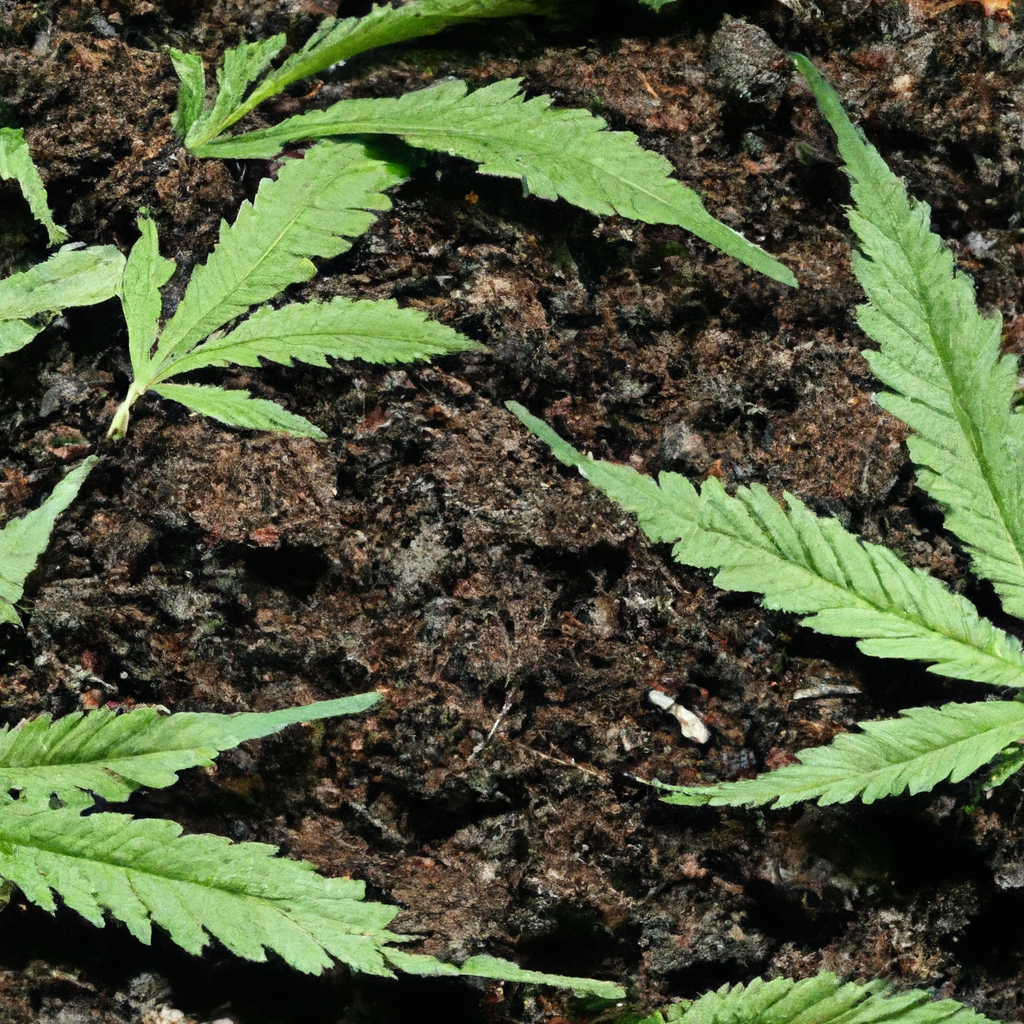Your cart is currently empty!
In the world of cannabis cultivation, soil health is paramount. While there are numerous ways to enhance your growing medium, composting stands out as one of the most effective and sustainable methods. By integrating composting into your cannabis growing regimen, you can enrich soil health, reduce waste, and boost your harvest. Discover the secrets to mastering composting techniques for optimal cannabis growth.
Understanding the Power of Composting
Composting is the process of recycling organic material, such as leaves and food scraps, into a rich soil amendment known as compost. This natural fertilizer is packed with nutrients that feed your plants, improve the soil structure, and enhance water retention. When done correctly, composting not only boosts plant growth but also contributes to environmental sustainability by reducing landfill waste.
How-to Guide: Building the Perfect Compost Pile
Creating an effective compost pile is easier than you might think. Here’s a step-by-step guide to get you started:
- Choose a Location: Select a well-drained area that receives partial sunlight. Avoid areas prone to flooding.
- Gather Materials: Collect green materials like fruit and vegetable scraps, and brown materials like dried leaves and paper.
- Layer Wisely: Start with a layer of coarse materials (sticks or twigs) to aid air circulation. Alternate layers of green and brown materials for balance.
- Maintain Moisture: Ensure the pile stays as damp as a wrung-out sponge. Add water if necessary.
- Turn the Pile: Regularly mix the pile to aerate it and speed up the decomposition process.
- Monitor Progress: Use a compost thermometer to check the temperature. Optimal composting occurs between 135°F and 160°F.
Overcoming Common Composting Challenges
Composting is not without its challenges, especially for beginners. Here are some solutions to common issues:
- Odor Issues: If your compost smells, it might be too wet or lack oxygen. Turning the pile and adding more brown materials can help.
- Pests: Avoid adding meat or dairy to your compost to reduce attraction. Also, consider enclosing the compost to deter rodents.
- Slow Decomposition: If your pile isn’t decomposing as quickly as desired, ensure the carbon-to-nitrogen ratio is balanced and turn the pile more frequently.
Conclusion
Composting is a powerful tool for cannabis cultivators looking to enhance their soil naturally. With patience and proper technique, you can transform organic waste into nutrient-rich compost, benefiting both your plants and the environment. By mastering these composting techniques, you contribute to a sustainable and bountiful cannabis harvest.


Leave a Reply